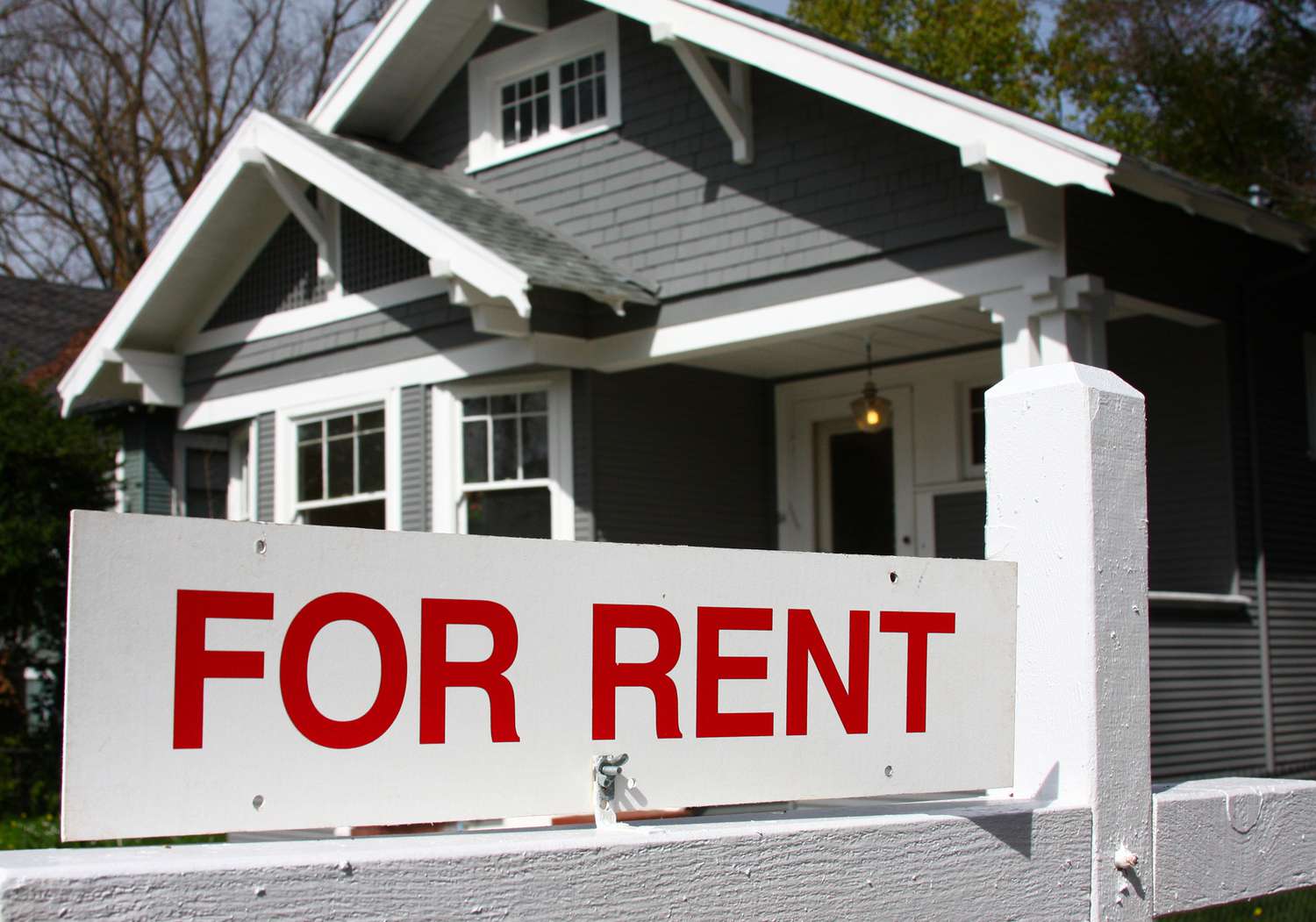Investing in Rental Properties: Pros, Cons, and Best Practices

One of the successful and effective ways of generating passive income and building wealth is by investing in rental properties. This article will talk about the practices that will let you use this strategy in the best way possible. Not only this, we will explore the pros and cons of this investment strategy so that you can make informed decisions right away.
Let’s get to the business and dive into this effective investment strategy.
Advantages of Investing in Rental Properties
Stable Income
You can have a reliable and stable monthly income by investing in rental properties. It can also help you in generating profit and paying mortgage expenses.
Increase in Value
The value of the properties increases with time, which will let you sell the property at a higher price, thus being a profitable asset for you.
Tax Advantages
With real estate investment comes various tax benefits. This tax relief includes a deduction in property taxes and mortgage interests.
Diversity
Your investment portfolio will have more than stocks and bonds. With rental properties, you protect yourself from just one source of income generation.
Disadvantages of Investing in Rental Properties
Managing Property
It could be stressful and time-consuming to manage the properties and their related issues, e.g. maintenance or managing the tenants.
Risk of Vacancy
There is no guarantee that rental properties will be occupied throughout the year. You can face financial stagnation and strain due to vacancies due to poor management.
Initial Expenses
Some investors might encounter the down payment as a financial burden when buying a rental property.
Marketplace
Rental demand and property values can be affected by economic downturns, and real estate markets can change.
Best Practises for Investing in Rental Property
Research and area
Carefully examine the real estate market before deciding on an area with a high demand for rentals and room for expansion.
Thorough property inspection
Before making a purchase, investigate the property thoroughly to find out whether any repairs or upgrades are required.
Financial Planning
Establish a thorough financial strategy that accounts for anticipated costs, rental revenue, and an emergency reserve.
Tenant Screening
Employ a rigorous screening process for tenants to ensure reliable renters who will maintain the property and make timely rent payments.
Professional Assistance
If you need help with routine responsibilities like tenant communication and upkeep, think about hiring a property management firm.
Regular Maintenance
Schedule periodic maintenance and inspections to maintain the building in good shape and avoid expensive repairs.
Stay Updated
Continue your education about investing methods, market trends, and real estate legislation.
Conclusion
Rental property investments can be lucrative because they provide a steady revenue stream and the chance for long-term gain. It does, however, also have drawbacks, such as property management and financial problems. You may effectively navigate the rental property market and make educated investment decisions by adhering to best practices and remaining informed.

